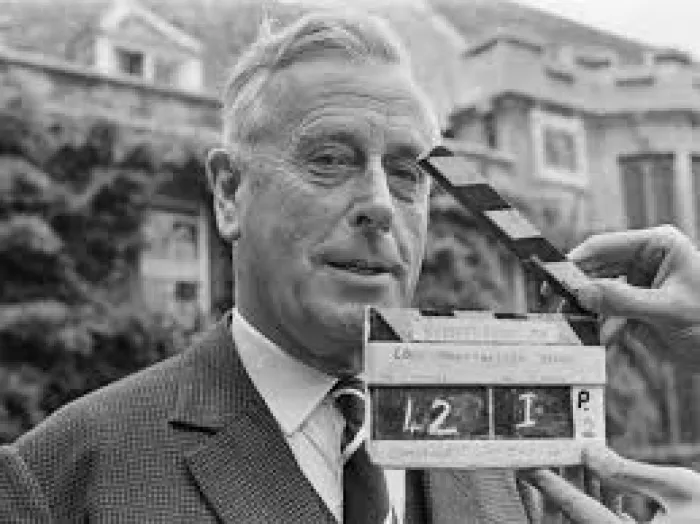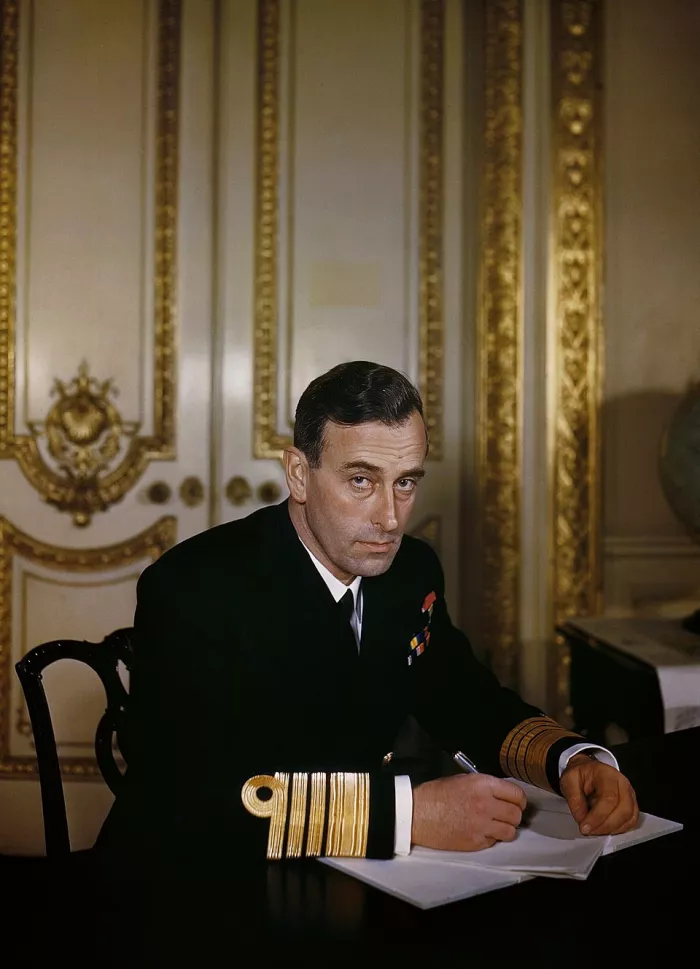
Few moments have jolted the British royal family quite like the assassination of Lord Louis Mountbatten. On August 27, 1979, the former Chief of the Defence Staff, beloved uncle of Prince Philip, and mentor to Prince Charles, was killed when a bomb exploded aboard his fishing boat, Shadow V, off the coast of Mullaghmore, County Sligo, Ireland. The bombing—perpetrated by the Provisional Irish Republican Army (IRA)—shook Britain and marked a violent turning point in the ongoing conflict known as The Troubles.
A Well-Known Figure in a Dangerous Time

Mountbatten was much more than a holidaymaker. As a World War II hero with deep royal and military ties, his presence in Ireland was both high-profile and fraught with risk. Despite repeated warnings from British intelligence about threats to his life, Mountbatten felt at home in the region, vacationing at Classiebawn Castle for decades. The Troubles, a violent conflict over the status of Northern Ireland, were at their ferocious peak. Targeting Mountbatten sent an unmistakable political message from the IRA, which opposed British authority in Northern Ireland.
The Attack and Its Impact
On that fateful morning, the bomb planted by the IRA detonated shortly after Mountbatten and his family set out to check lobster pots. The explosion killed Mountbatten instantly, along with his 14-year-old grandson, the local boatman, and, later, a family friend’s elderly mother. The audacity of the attack appalled both the British public and the international community, laying bare just how far The Troubles had escalated.
Mourning, Politics, and Legacy
For the royal family, the blow was deeply personal; Prince Charles described the loss as devastating. Public mourning swept both Britain and Ireland at a time when sectarian divisions were raw. Yet, the assassination also galvanized security efforts and brought intense scrutiny to the British government’s Northern Ireland policy.
Decades later, moments of reconciliation have emerged. Sinn Féin’s leadership expressed regret for the pain caused, reflecting shifting attitudes in post-conflict Ireland. Mountbatten’s death remains a solemn reminder of how personal lives are often shattered by public conflict and how history’s wounds can linger even as peace gradually takes root.




Comments